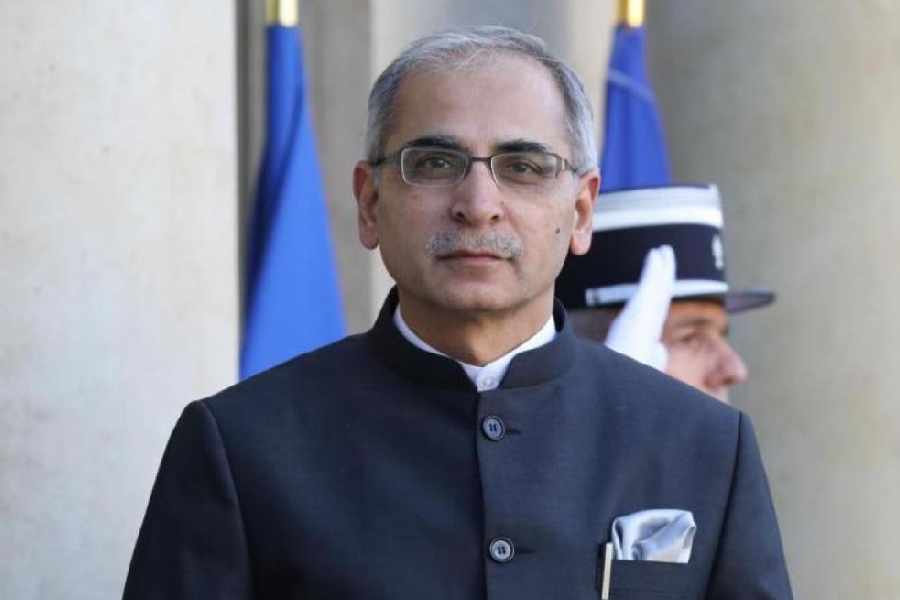India and Russia have set an ambitious target of $100 billion in bilateral trade by 2030, with an eye on a free trade pact and to strengthen energy ties through investment deals with Rosneft and leading Russian oil firms.
“The two leaders, when they spoke of co-operation in the (energy) sector, they did focus on how exactly to strengthen that partnership...(And) in the similar vein, how exactly India in particular through the government-to-government route could also build partnerships with Rosneft and other energy entities,” foreign secretary Vinay Mohan Kwatra told reporters, following Prime Minister Narendra Modi and Russian President Vladimir Putin’s meeting in Moscow.
Russian entities including Rosneft have a majority stake in private refiner Nayara Energy, while Indian companies hold stakes in Russian oil exploration and production projects in the Far East.
India’s ONGC Videsh is seeking a formal approval from the Russian authorities to retain its stake of 20 per cent in the Sakhalin 1 oil project in Russia.
Besides, existing co-operation in the coal sector is set to expand, with Kwatra highlighting the potential for “increased coking coal supply to India, and the opportunities of exporting anthracite coal from Russia to India”.
“The (two) sides agreed to continue working together to promote bilateral settlement system using national currencies. They agreed to continue consultations for interoperability of their financial messaging systems,” the joint statement said.
The two leaders also spoke about the need to move forward on the free trade agreement (FTA) with the Russian-led Eurasian Economic Union (EEU) and for eliminating the non-tariff/tariff barriers.










